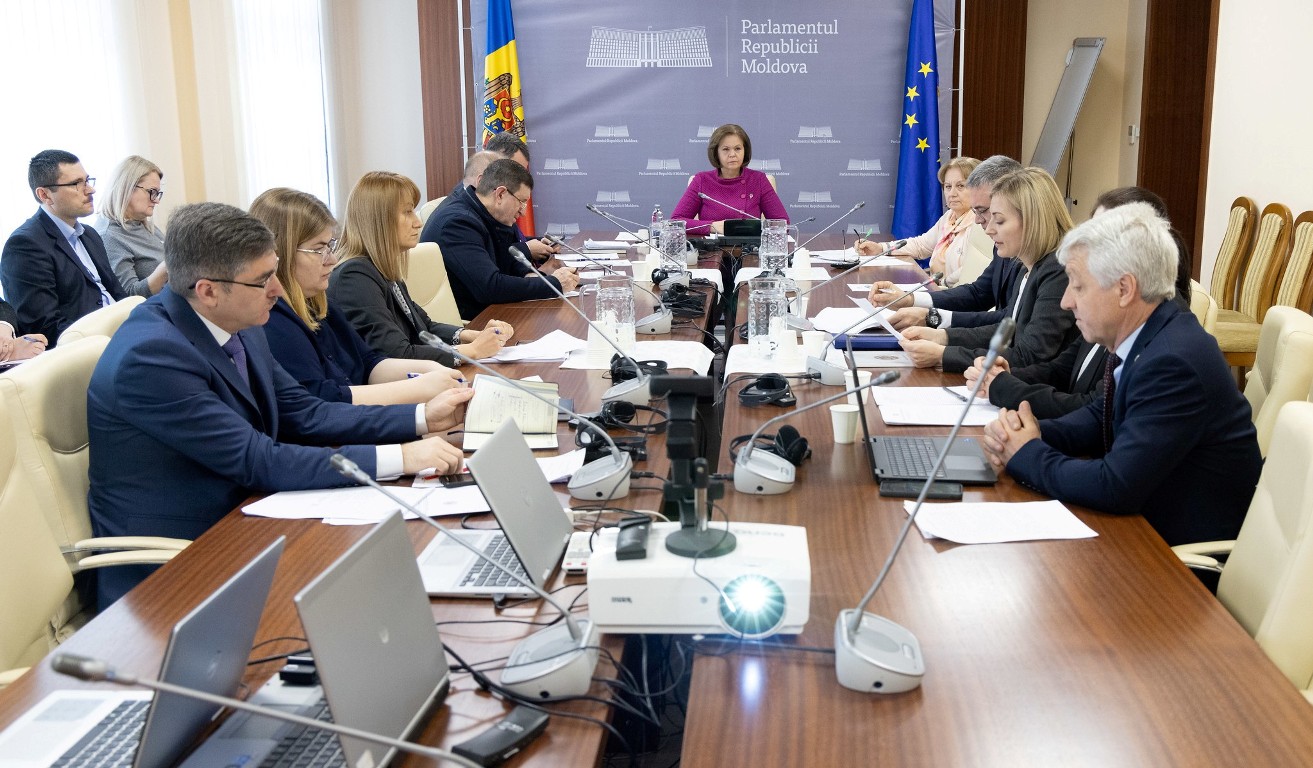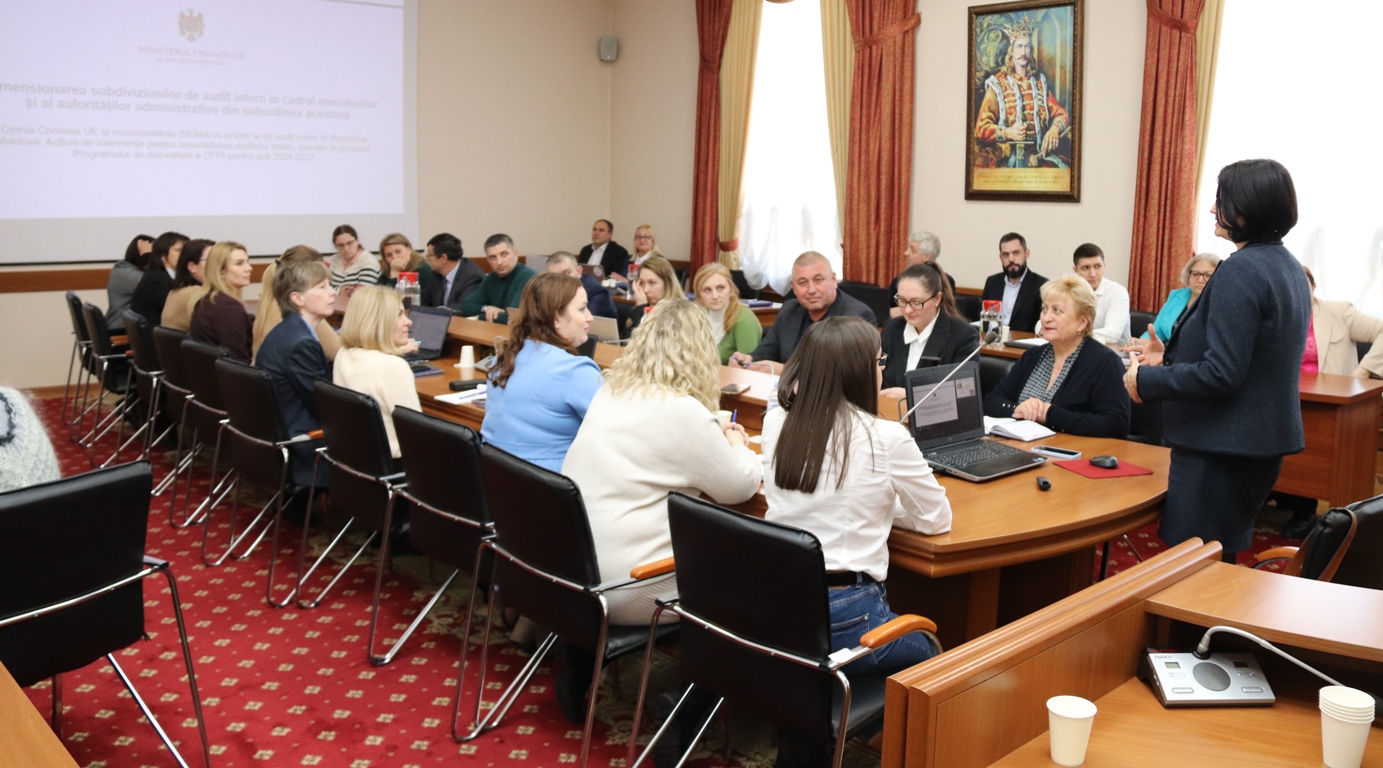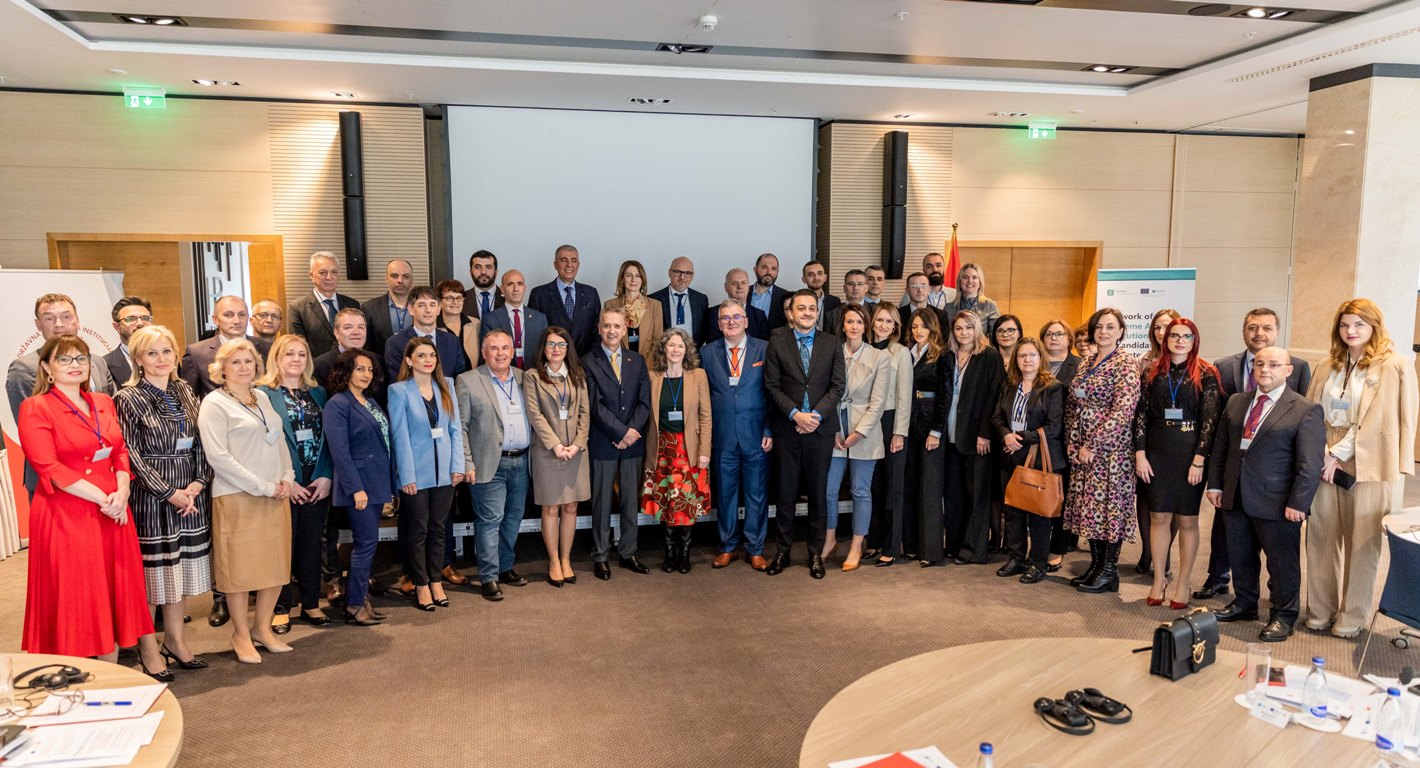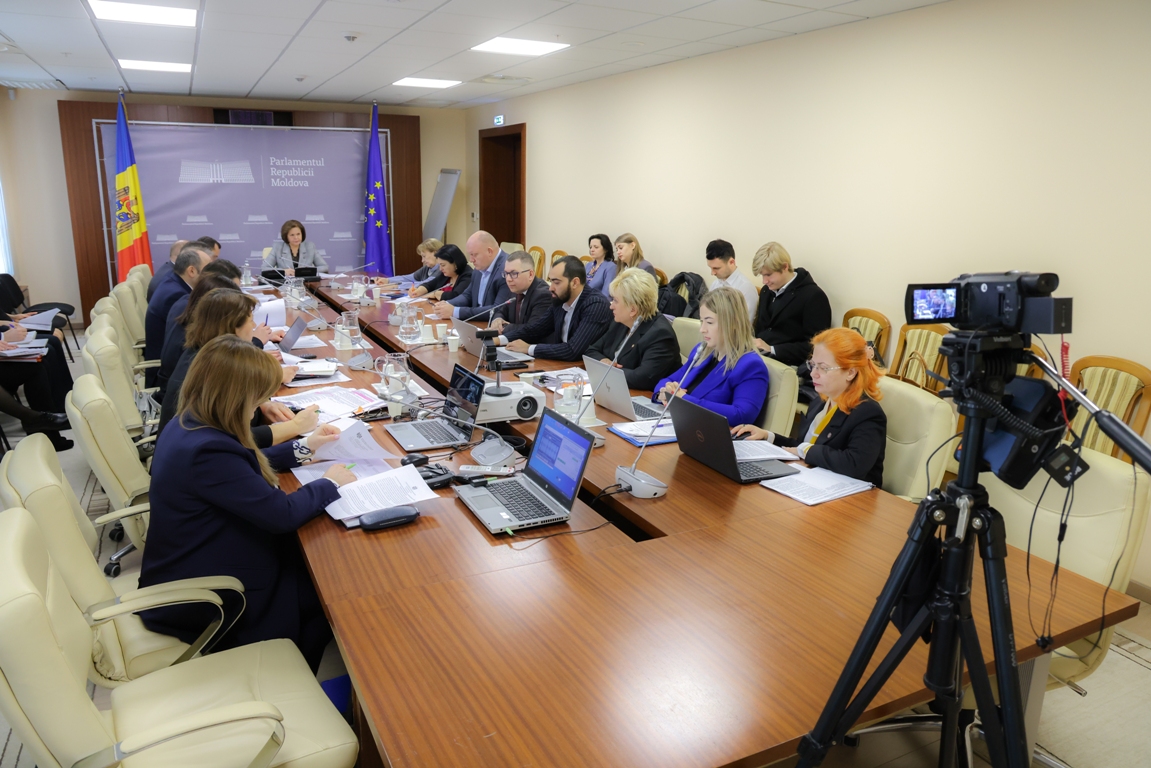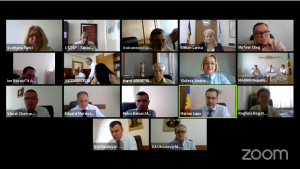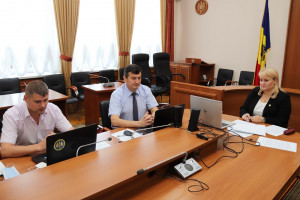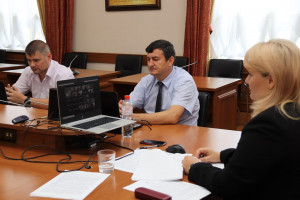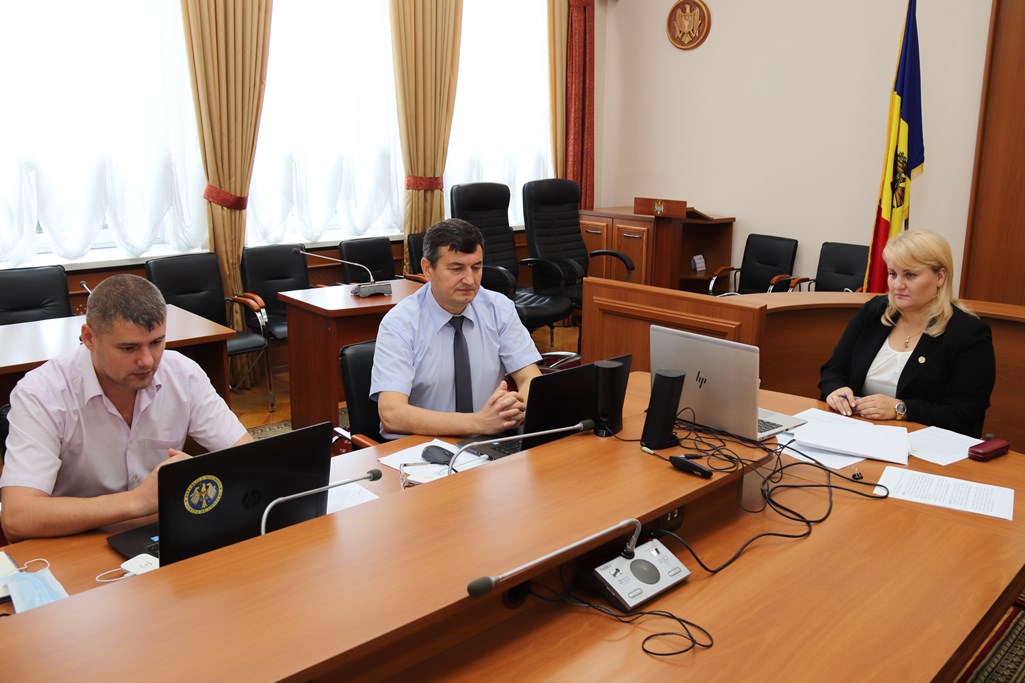
On July 29, the Court of Accounts of the Republic of Moldova (CoARM) examined during the online meeting, the Compliance Audit Report on public procurement within the system of the Ministry of Agriculture, Regional Development and Environment (MARDE) in 2019-2020.
The purpose of the audit was to assess the compliance of the public procurement process established within the MARDE’s system.
With regard to the public procurement planning process, the Court of Accounts found that it was affected by the failure to make full use of internal managerial control in the field of public procurement to ensure that procurement was carried out in accordance with applicable principles. Thus, the insufficient internal managerial control of the contracting authorities has led, in some cases, to the non-compliant elaboration of procurement plans, including their divided planning, in order to favor the application of low value contracts. Also, some procurement plans were not approved by the decision makers and were not published on the website of the institution.
The process of conducting and awarding public procurement contracts was affected by non-compliance with the provisions of the regulatory framework. This is how they were certified:
non-compliance with the maximum limits of the quotas for the overhead expenses, established by the regulatory framework in the field of constructions, which led to the unfounded increase of the contract value by 30.0 thousand lei;
the inclusion in the notice of intent of the value of public procurement that deviates from the value estimated by the designer, the value of the works being decreased by 173.9 thousand lei;
suspicions of mimicking the competition procedure by favoring some bidders with the disclosure of specific data from the estimate.
Also in this context it is attested:
carrying out capital repair works in the absence of a draft estimate;
the division of acquisitions in order to avoid the procedure established by the legislation, to 10 out of 16 audited entities;
procurement of goods and services in the total amount of 1.8 million lei, in the absence of a contract;
management of procurement contracts outside the treasury system in the total amount of 886.5 thousand lei.
Regarding the deficiencies related to the capitalization of the allocations destined to the reconstruction of some investment objectives included in the State Budget Law for 2019 and 2020, the audit found that 2 entities subordinated to MARDE overestimated the necessary allocations for financing capital investments in a total amount of 12.9 million lei.
Thus, at the Center of Excellence in Horticulture and Agricultural Technologies from Taul village the need for useful financial resources for the completion of the investment objective by 6.3 million lei was overestimated and the volume of works performed of the completed objective has not been capitalized so far, in the amount of 15.3 million lei.
Also, the State Agrarian University of Moldova (SAUM), although it knew that the construction of the Veterinary Clinic was stopped in 2016, requested through MARDE allowances for the continuation of the construction works, in the total amount of 6.0 million lei, these being not fully valued. At the same time, due to the cessation of works, under the influence of climatic factors, including rains, the walls of the Veterinary Clinic in some places are already covered with moss and mold, water enters the interior through covered concrete slabs, causing grinding walls both inside and on exterior.
The analysis of the acquisitions made in the previous years revealed that, although the objective is an ambitious one, SAUM did not ensure the payment or withholding of the guarantee for the good execution of the contracts, the estimated value of which is 2.2 million lei. The audit mentions that, during the on-site visit, it was found that the contracting operator, although he refused to continue the construction works in 2015, uses the construction territory as a storage warehouse for transport units and wood products. Likewise, it was found that the economic operator also uses the electricity of SAUM, without having a contract for the supply of electricity and without paying for the consumed energy. According to the estimated calculations, the electricity consumption only for the period 2019-2020 amounted to 14.7 thousand Kw/h or 32.2 thousand lei.
With reference to the electronic purchases made through IS MTender, it is attested that:
the electronic procurement system does not incorporate all the procurement procedures provided in the Public Procurement Law, being limited only to open tenders and the request for the price offer;
although some data are easily accessible and are placed either on the Public Procurement Agency's website or in M-Tender, data on low-value contracts are largely missing in both electronic sources, and much of the documents are not can be read or processed automatically.
The limitations of the information system, as well as the lack or insufficiency of professional knowledge in the use by the contracting authorities of IS MTender, determined that it be used only by 12 contracting authorities out of 16 subjects to audit, other 4 entities, so far, performing public procurement paper support.
In conclusion, it is attested that the electronic procurement system is not fully functional according to the approved concept, and in some cases is not connected to the provisions of the Public Procurement Law.
In conclusion, the Court of Accounts notes that the accumulation of the identified problems and shortcomings has negatively influenced the processes of estimating, planning and executing the budgets of contracting authorities in line with the principles of good governance, and transparency in information has also been limited as well as the accessibility of potential economic operators to public procurement. Consequently, as a result of the shortcomings found, the public procurement process as a whole, carried out within the MARDE’s system did not fully meet the principles of legality, transparency and efficiency.
 WITH DEFICIENCES OF VIEW
WITH DEFICIENCES OF VIEW Youtube
Youtube Facebook
Facebook


 print
print